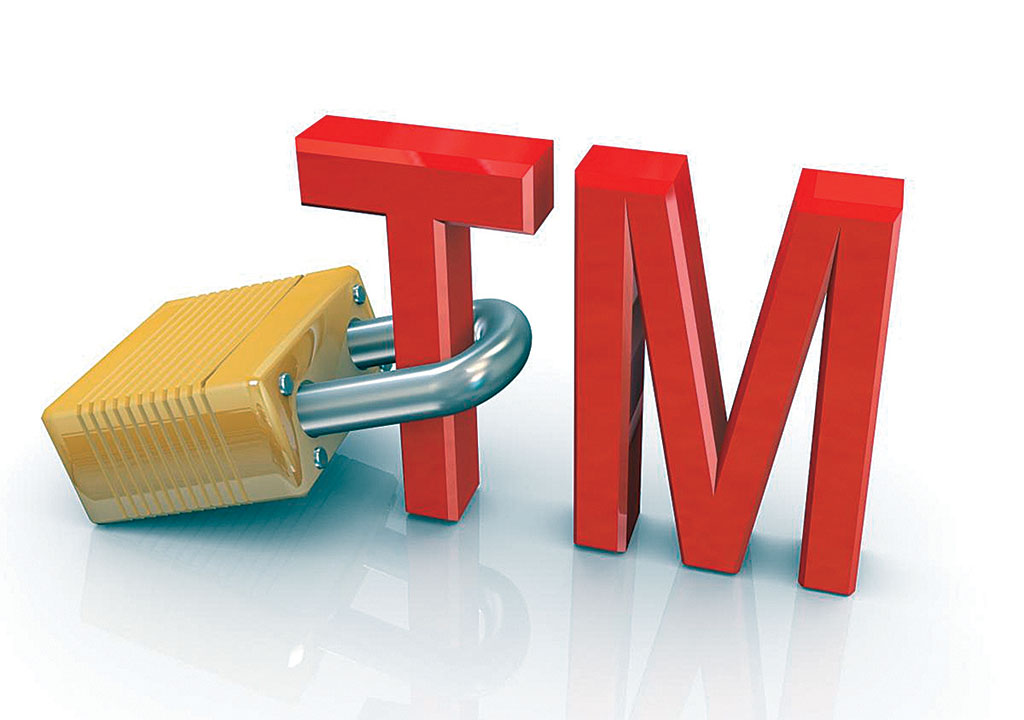
Labour relations in any medium to large scale enterprise are always viewed as a gray area. Any reference to ‘unionism’ does not sit well with business owners. Yet, it is rare to hear any business owner ever indicating that the business has developed, grown and sustained itself without the employees of the organisation. Most business owners speak at length about how their employees are the true key to their business success. It would be juvenile to think that employees of such organisations don’t recognise this fact. Yet there is this rift between the management and the group of employees who call themselves a ‘union’? It would be best to understand the true rights of the ‘union’ and the management before dissecting the current sentiment of their relationship and how a clearer understanding may alleviate the sour taste that persists when discussing both in a single breath.
The primary intent of the trade union is to eliminate unfair labour practices, negotiate fair wage, benefits and working conditions for its member, and not the least protecting the integrity of the trade. Unions first came about during the industrial revolution in the UK, a time when there was such rapid industrialisation and growth in international commerce that maximising output was the prime objective of the nation. Unfortunately, maximising output was equated with grilling labourers to the bone with lack of regulations, and as such employee welfare was slighted and ignored. Great attempts were made by businesses and the government to thwart employees who sought to rise up for their protection, primarily in the fear that rapid industrialisation and growth could be jeprodized. But with public outburst, riots and disturbances, the government and industries resorted to letting employees form unions who could negotiate on their behalf. This not only improved workers rights and working conditions, economic growth was not thwarted as initially feared.
Nepal did not go through the same scale of industrialisation, and rather than the 18th century, it was the 20th century when industrialisation became prevalent and workers rights came to the forefront. The current Trade Union Act of 1992 is the legislation currently in force in Nepal. With the advent of the new Labor Act, the Trade Union Act is further solidified and regulated. Moreover, the recent constitution guarantees each individual’s right to be a member of a trade union. Employers are barred from intervening in the formation, operation and administrative functions of the trade union and the trade union must be consulted in a wide array of matters relating to the business such as the decision of down-sizing and laying off workers of the organisation.
Who can form a union?
Any organisation with 10 or more employees is eligible to form a trade union. It is also important to note that a trade union cannot be registered unless at least 25% of the workers of the organisation are members of the union. No worker is allowed to be member of more than one union. Also interesting to note from the enactment of the new Labor Act, ,managers and managerial level workers are prohibited to submit collective demands or take part in collective bargaining or take part in strike on behalf of any trade union, thus making it unclear if such employees are members of trade unions.
Collective bargaining
Traditionally speaking collective bargaining was a contentious process between the workers and the management of every organisation. A negative culture had developed whereby politicised unions took this opportunity to make stringent demands and the management took the occasion as an act of aggression which needed to be dealt with as if it were a battle. At times, tension would escalate to the point that there was violence and businesses shut down.
The new Labour Act seeks to alleviate this scenario by providing for a each entity having 10 or more than 10 employees to constitute a Collective Bargaining Committee primarily to develop a more organised and managed negotiating platform. Such a committee should be formed by the authorized trade union and if a single trade union is not authorized within the organisation, then the trade unions can decide to nominate representatives from each of their unions. If neither can be done, representatives can be nominated by a signed resolution of at least 60% of the employees of the organisation.
The committee has authority to present the collective claim in written to the employer. Within seven days, the employer has to schedule a negotiation. However, if negotiations cannot be resolved within 21 days, the committee may submit an application to the Labour Office for it to mediate the collective bargaining.
Trade union and wage determination
One of the major aspects of the existence of a union is to negotiate wages with the employer. Generally, unions propose a wage and the employer decides on how much or how to hire the employee at the proposed wage. Similarly, for the purpose of recommending the minimum wage, the Ministry of Labour and Employment is now required to constitute a Minimum Wage Fixation Committee with representation from the government, trade unions and employers’ associations.
Recently, on the recommendation of this committee, the government increased the minimum wage to Rs. 13,450 (basic remuneration = Rs. 8,455 and dearness allowance = Rs.4,995) with effect from July 17, 2018.
Limitations of trade unions
Regardless of the purpose and well-intended purpose of establishment of unions, particularly to eliminate unfair labour practices and oppression of workers, unions have in the recent past been politicised in Nepal. Unions have been used as a means for political parties to leverage their political interests. Particularly, labour union representatives from political parties enter collective bargaining negotiations with unfound and unrealistic promises to the workers. Relying on these false promises, workers enter negotiations with false expectations. Inevitably, undue and unfair pressure is put on the management and owners and thus the businesses, making working conditions unbearable. On the flip side, recently workers have started identifying politicised unions’ political objectives and have started steering away from becoming pawns for such central union pressures and have taken collective bargaining under their own initiative in a more cordial atmosphere. Furthermore, the new Labour Act has also addressed this concern by limiting trade unions working framework by making it illegal for unions to pressurise employees to become members, forcefully collecting donations or other assistance, picketing or surrounding private residence or enterprises of the employer, assaulting the employer or his/her representatives and employee or committing any unlawful activity to fulfil their demands and damaging the property of the employer.
Trade union in practice
At the outsight, the attitude of businesses towards trade unions is still not cordial. This is particularly due to the great negative impact of the trade unions in the early 2000’s after the civil unrest in the country. As a labour law practitioner, it is quite evident that the attitude of both business owners and workers towards unions are changing. Workers understand that the purpose of the union is to protect their interests and have started moving away from political agendas and pressure put on them from central union offices which are pre-dominantly political tool houses.
The recent minimum wage fixation committee’s decision to increase the minimum wage provides an example of how unions and businesses can work amicably towards a fruitful outcome. The recently enacted Labour Act has recognised the undue influence that politicised unions have had on enterprises and enacted numerous restrictions on unfair union practices. This points to the fact that workers must utilise the union purely to protect their interests, and business owners understand that unions are simply a grouped representative of their employees. Furthermore, with the enactment of the Social Security Fund, Nepal is turning a new chapter in the course of its economic development.
Shikhar Pandit is a managing associate at Gandhi and Associates currently focused on the management of the corporate team.Aparmita Shakya is an associate at Gandhi and Associates; currently involved with the Corporate Department in the team.





